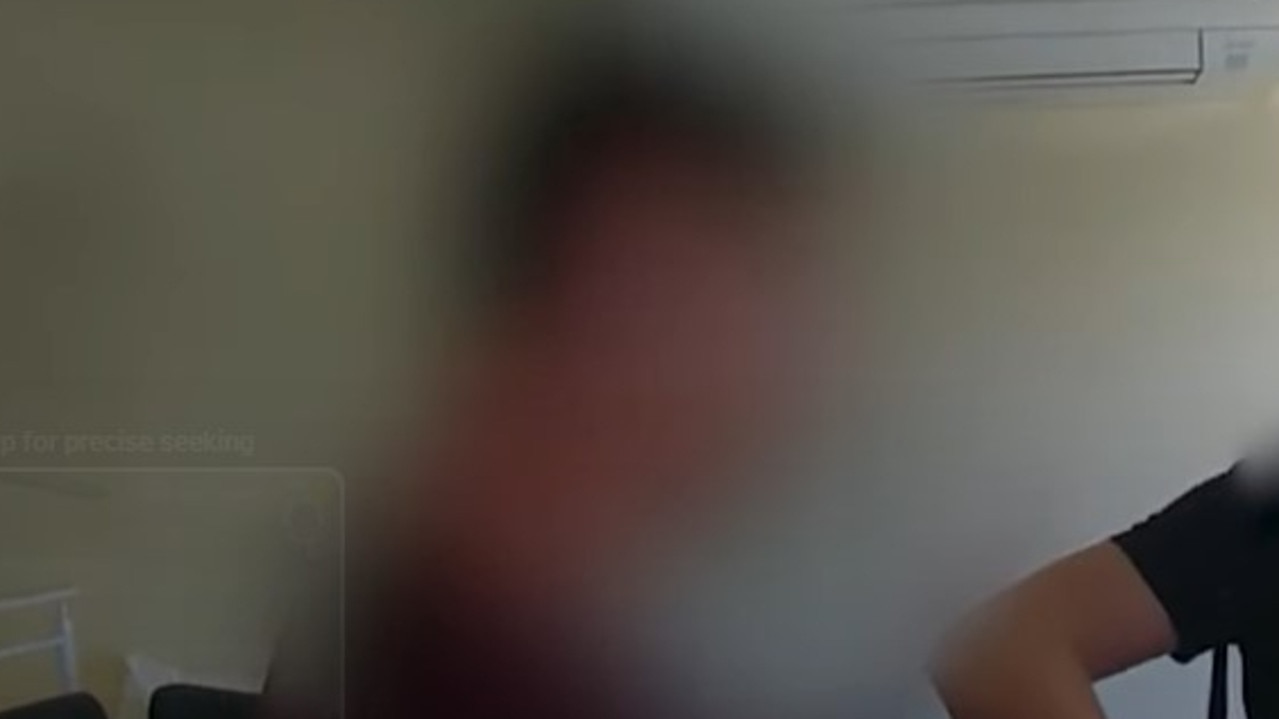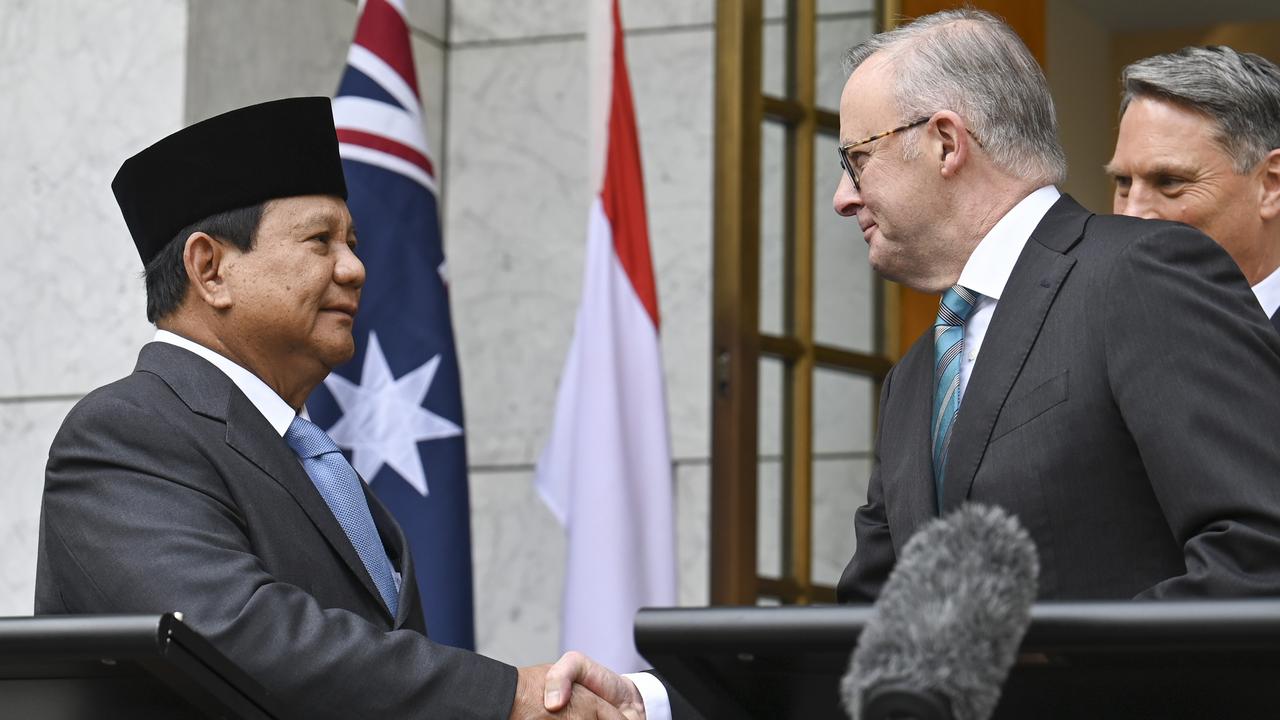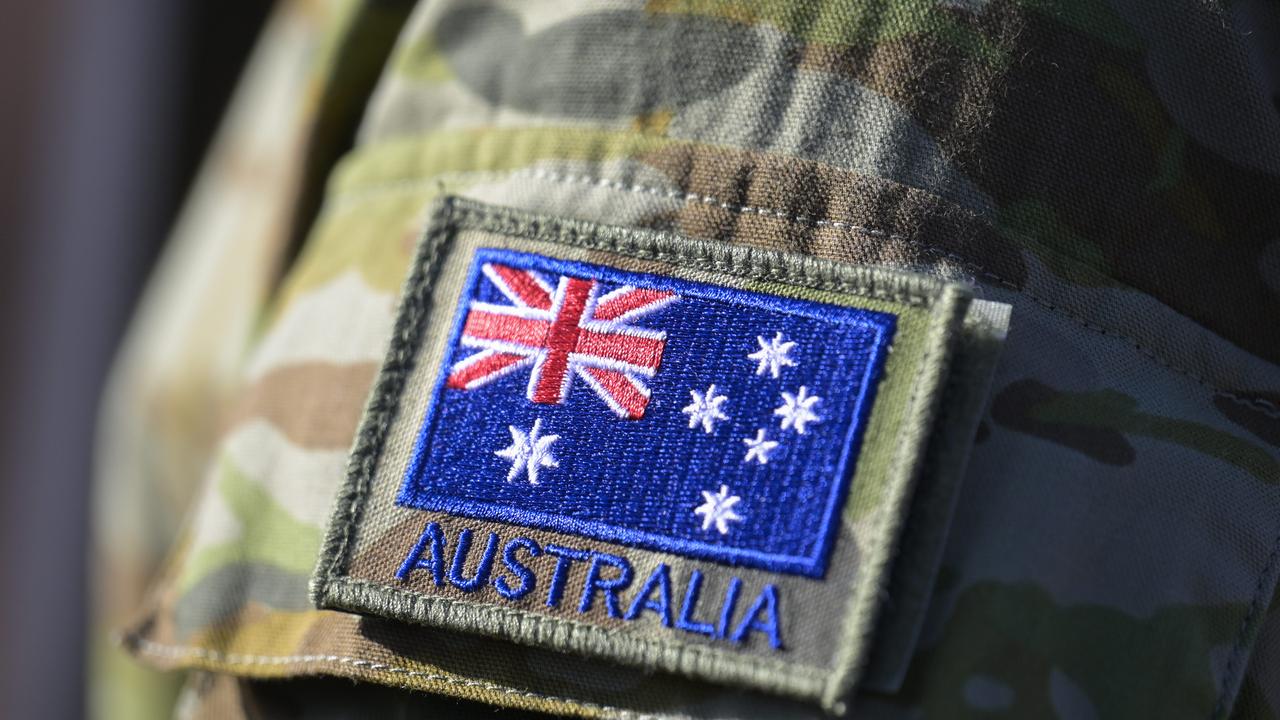Singapore scrambling to prepare for the dramatic Trump-Kim summit
THIS $8000 motel room is at the centre of a global circus ahead of the much talked about meeting between Donald Trump and Kim Jong-un.
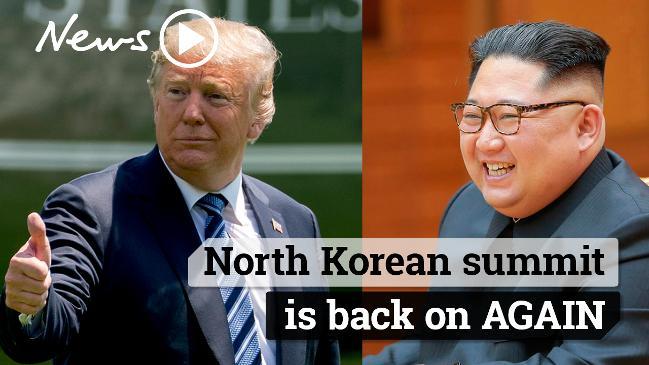
THE peaceful city-state of Singapore is a whirlwind of activity ahead of the circus that will be Donald Trump and Kim Jong-un’s summit in less than two weeks.
With the historic meeting abruptly cancelled and then rescheduled, frantic preparations are under way to book out hotels for around 3000 journalists, set up meeting places and organise tight security.
Tourism workers, law enforcement and government officials of three countries are scrambling to prepare for the dramatic event. There are plans for extensive road closures and police will line the streets around the venue, expected to be the lavish Shangri-La or Marina Bay Sands hotels.
Talking points, locations for photographs, catering and potential joint statements all have to be meticulously planned — the room must have two entrances, so both can enter at the same time. An inappropriate background or unsuitable gift could be disastrous for the tense talks between two men who only recently called each other “dotard” and “little rocket man” as they exchanged nuclear threats.
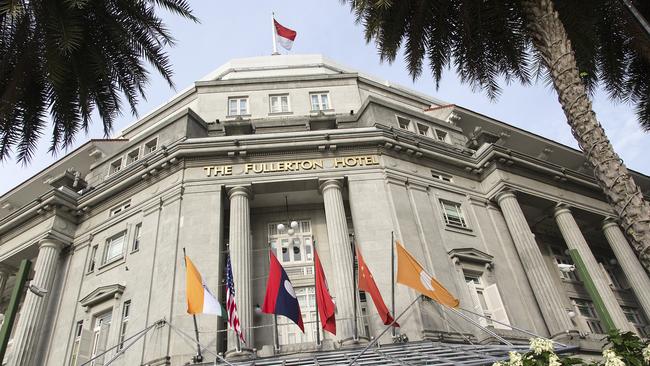
Mr Kim is expected to use Soviet-era aircraft to carry him, staff, security and his limousine on his longest official journey, which will pose all kinds of challenges for the impoverished country.
There has been intense negotiation over who will pay for the North Korean leader’s preferred $8000 room at the high-end Fullerton Hotel, with the United States, Singapore and an anti-nukes non-profit agreeing to contribute.
Agreeing upon a satisfactory menu will be a tricky balance: the US President is known as a non-drinker who favours a reliable burger, even when visiting Asian countries. Mr Kim enjoys wine and brought Pyongyang cold noodles to an April 27 summit with South Korean President Moon Jae-in.
Restaurants and bars are treating the event as a tourism opportunity, with Escobar serving up a blue, bourbon-based cocktail named the “Trump” and a red “Kim” drink containing Korean spirit soju, as well as organising a “US-North Korea showdown” where customers who order a tray of 20 shots compete in a game of “rock, paper, scissors” while wearing gloves emblazoned with the countries’ flags.
SPIES, SECRET SERVICE AND EXTERNAL THREATS
The North Korean leader was memorably pictured with 12 bodyguards running alongside his car when meeting his counterpart from the South. Even more extreme security measures are being put in place for the Trump talks, with both leaders known to be paranoid about their safety.
A senior North Korean adviser was seen by reporters reading a briefing paper on a flight to Singapore that said, “in order to guarantee the results of the US-North Korea summit meeting, guarantee the safety of Chairman Kim Jong-un above all else”.
The Secret Service, North Korean officials and Singaporean security teams are consulting to ensure the meeting between the erratic leaders goes to plan, with the discussion holding immense significance for global politics.
Mr Trump has repeatedly implied he may have already spoken with Mr Kim, but it’s unclear if this is the case. The pair have met before.
They are also working to prevent spies infiltrating with talks, with China and Russia both having an outside interest, Politico reports. The White House is currently planning a controversial potential summit between the US President and Vladimir Putin.
Russia’s foreign minister on Thursday met with Mr Kim in Pyongyang and passed on Mr Putin’s “warmest regards and best wishes” for North Korea’s “big endeavours” on the Korean Peninsula, inviting the regime’s leader to visit Moscow.
Mr Trump, who agreed to reinstate the meeting after a visit from North Korean envoy Kim Yong-chol with a large letter, will also discuss Syria, Ukraine and wider arms-control with his counterpart. On Sunday, North Korean state media reported that Syrian President Bashar al-Assad plans to visit Mr Kim in Pyongyang. It would be the first meeting between Mr Kim and another head of state in the North Korean capital.
Just as North Korea has angered the international community over its nuclear weapons program, Syria has been widely condemned for its brutality in the country’s civil war.
United Nations monitors have accused the North of co-operating with Syria on chemical weapons, a charge it denies.
Mr Assad praised the “outstanding political calibre and wise leadership of His Excellency Kim Jong-un” and said he was certain the North Korean leader would “achieve the final victory and realise the reunification of Korea without fail”.
WHAT WILL THEY ACHIEVE?
The summit itself is largely a symbolic gesture — but a hugely important one for diplomacy.
Advance negotiations are already taking place to discuss whether North Korea will agree to the “complete verifiable irreversible disarmament (CVID)” that the US wants.
Many think this unlikely, with Mr Kim making it clear he does not plan to give up his weapons and his aggressive rhetoric already caused the meeting to flounder, with Mr Trump showing how easily he could pull the plug.
What North Korea does desperately need is an improvement in its economic fortunes. This is Mr Kim’s chance to persuade the US and other countries to engage in joint endeavours and end sanctions.
Mr Trump told reporters at the White House on Friday that the summit would be just “a beginning” in “a process” towards persuading the North to completely stop developing nuclear weapons. The Kim administration is expected to draw out the complex negotiations while it continues to develop those capabilities.
Tufts University Korean Studies professor Sung-Yoon Lee told USA Today Mr Kim may already have won just by agreeing to talk about nuclear weapons and buying himself “time and money”.
She said the negotiations could undercut US efforts to persuade China and others into joining in sanctions on North Korea over its nukes, predicting a “political and economic bonanza” for the regime.
There may also be progress on another front. Some experts say an end to the Korean War could come as soon as a day after the Trump-Kim summit, following a recent surge in talks between the North and South aimed at ending the decades-old conflict.
The US President said a formal end to the war would be on the negotiating table at his meeting with Mr Kim. Seoul-based security expert Cho Sung Ryul told The Korea Herald that the discussion would be more about symbolism than a decision with legal effect, but was necessary to ease North Korea’s concerns over security in the denuclearisation process until the current armistice agreement was replaced by a peace treaty.
But the war of words has not ended. North Korea on Sunday again condemned South Korea’s upcoming military drills with the US, saying they were contrary to the agreement both countries signed at the April summit.
Seoul plans to take part in the combined drills of the 20-nation Rim of the Pacific Exercise and Ulchi Freedom Guardian, which North Korea sees as a trial for invading its territory.
“Dialogue and confrontation, and peace and war exercises can never go hand-in-hand,” read an editorial in North Korean official daily newspaper Rodong.
Mr Kim also defied Washington when he complained of “US hegemonism” in a meeting with Russia’s foreign minister Sergei Lavrov on Thursday.
Whatever happens in eight days’ time, the summit marks a new era for North Korea after Mr Kim threw off the “Hermit Kingdom” legacy and embarked on a global diplomacy exercise in 2018. He had never even met another head of state until visiting Beijing in March.
Now, two nations’ self-regarding leaders are at the centre of a remarkable moment — June 12 is set to be spectacular.

